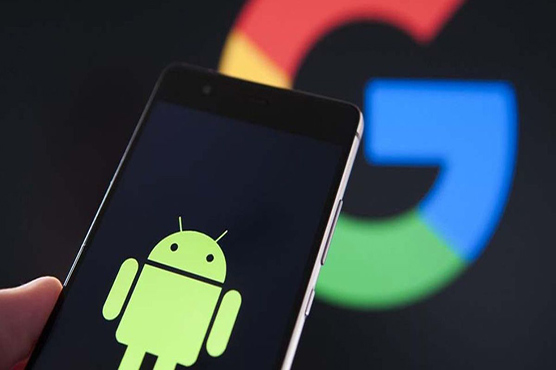Google offers Android users choice to satisfy EU

Illegal promotion of Google�s hugely profitable search engine was the heart of the case against the Sillicon Valley giant.
BRUSSELS (AFP) - Google on Thursday said users of its hugely popular Android devices would be offered a choice of five browsers and search engines as part of the company’s effort to meet EU competition concerns.
The European Commission last July hit Google with its biggest-ever fine, imposing a 4.34 billion euro ($5 billion) penalty, one of three major EU decisions against the company.
Brussels accused Google of using the Android system’s dominance of smartphones and tablets to promote the use of its own Google search engine and Chrome browser and shut out rivals.
Google has appealed the decision, arguing that the EU’s accusations were unfounded, but Thursday’s changes were part of the firm’s effort to avoid further fines.
Users of Android devices in Europe who open the Google Play app store will now be shown screens with options to download different search apps and browsers, Paul Gennai, Google product management director, said in a blog.
"These new screens will be displayed the first time a user opens Google Play after receiving an upcoming update," the executive wrote.
With the change, "two screens will surface: one for search apps and another for browsers, each containing a total of five apps, including any that are already installed," he said.
Apps not already installed on the device will be chosen based on their popularity and shown in a random order, Google said.
Crucially, when a user downloads a search engine other than Google, he or she will be asked whether that option -- such as Qwant or DuckDuckGo -- should be become the default search app on the phone.
Illegal promotion of Google’s hugely profitable search engine was the heart of the case against the Sillicon Valley giant.
Android, which is used on around 80 percent of mobile devices both in Europe and worldwide, was accused of shutting out rivals by forcing major phone makers to pre-install the Google search engine and Chrome browser.
They were also made to set Google Search as the default, as a condition of licensing other Google apps, the EU said.

